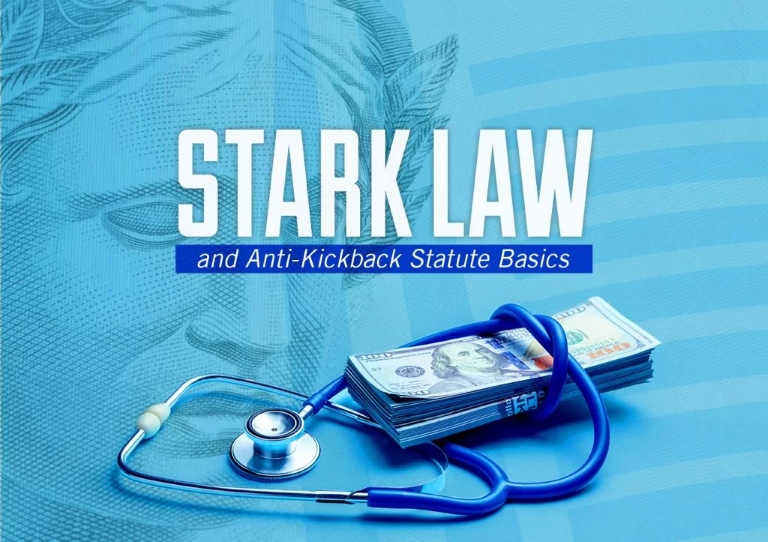New Ruling in Alabama on IV Therapy
IV therapy has become popular in the elective medical field over the past few years, with many medical spas and wellness centers offering the service and stand-alone IV bars appearing across the country. As with most elective medical services, IV therapy is the practice of medicine. Therefore, it is important for medical providers to follow guidelines and regulations to minimize potential risks.
There have been few state regulations addressing IV therapy, leading to a lack of compliance in the industry. Practitioners with various backgrounds and training in IV placement have resisted the idea that IV therapy should be treated as the practice of medicine. However, the Alabama State Board of Medical Examiners issued a definitive ruling on the matter, which could provide clarity and serve as a model for other states to follow.
On July 21, 2022, the Alabama State Board of Medical Examiners (BME) released a declaratory ruling on IV therapy in response to the growing industry in the state. The BME investigated and found that many businesses in this field were not compliant with Alabama law. They allowed unqualified or underqualified individuals to administer IV treatments without proper physician oversight. The declaratory ruling clarified the regulations on IV therapy administration and determined that providing IV therapy makes up the practice of medicine in Alabama.
The decision on IV Therapy addressed the following questions:
Does Alabama consider administering IV therapy treatment to be the practice of medicine?
According to Alabama law, diagnosing a patient’s condition and recommending IV therapy is the practice of medicine.
In Alabama, who is qualified to diagnose and suggest IV therapy as treatment?
Only a licensed physician, physician assistant, certified registered nurse practitioner, or certified nurse-midwife working alongside a physician may diagnose a patient, assess their symptoms, and suggest IV therapy as a course of treatment in Alabama. In the medical industry, we know this as the good faith examination.
Is it within practice for registered nurses (RNs) to diagnose and suggest IV therapy treatment?
No, medical diagnosis is outside the practice for RNs. Issuing standing orders by a physician for an RN to follow does not fulfill the physician’s legal responsibilities to the patient.
Can a registered nurse (RN) administer IV therapy?
Yes, an RN can administer IV therapy. However, this is only done after the good faith exam (GFE) has been conducted by a qualified medical provider.
What steps do IV therapy businesses need to take to comply with Alabama’s law?
IV therapy businesses in Alabama must:
1. Conduct the good faith exam (GFE), in person or through telemedicine
2. Generate a medical chart for the patient
3. Prescribe IV therapy after evaluating the patient and determining that it will be beneficial
Note: A prescription for IV therapy will be issued by a physician or other qualified healthcare provider after a diagnosis and determination that the treatment will be beneficial for the patient.
Failing to meet these requirements could cause disciplinary action by the Alabama State Board of Medical Examiners (BME). Other states may adopt similar regulations following a declaratory ruling in a growing area of medicine. IV therapy industry professionals should ensure compliance with such rulings. As a result, it will help to avoid potential legal issues in the event that their state follows suit. Schedule a consultation to discuss further.







